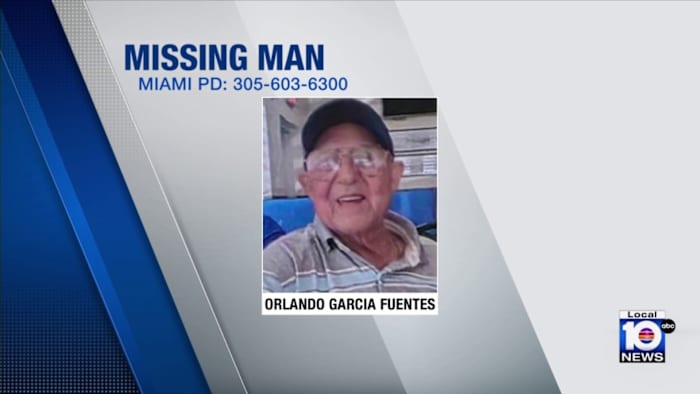Messi’s Inter Miami Looked Old Against Real Salt Lake — And They Are
In the end on Wednesday night, Lionel Messi’s creative genius — combined with a lack of composure from his opponents — was enough to push Inter Miami to a 2-0 home victory over Real Salt Lake in the MLS regular season opener.
But for large stretches of the second half, RSL was dominant in a way we had yet to see a Messi-led team be bossed since his arrival in Miami. Salt Lake pushed its line of confrontation way forward, turned Miami over in its own half repeatedly — before Messi could get the ball — and at one point had six attempts on goal without reply between the 61st and 82nd minutes. The Claret-and-Cobalt out-possessed the league’s most ball-dominant team in the final 45 minutes.
And they might have made things even tougher on the Herons with better decision making, the most egregious example on an early second-half breakaway when Andres Gomez took a shot himself instead of laying the ball left to the wide-open Cristian Arango inside the penalty area.
Miami looked slow. They looked tired. They looked what they are: Old.
The Herons on paper still have arguably the most talented roster MLS has ever seen, built around Messi and three of his former teammates from a Barcelona team that was among the best club sides in the sports’ history. And they will almost certainly win a lot of games this season simply by staying alive and punishing opponents’ mistakes ruthlessly as they ultimately did on Wednesday night.
But while Messi has continued to defy — or at least delay — the wrath of Father Time, winning his eighth Ballon d’Or in 2023 as a 36-year-old and leading Argentina to the 2022 World Cup trophy before that, he has always been the exception rather than the rule. And he’s only the start of the list when it comes to Miami players in the twighlight of their careers who perhaps need help from teammates to cover the distance needed to defend competently in a game of professional soccer.
The former Barcelona core is the obvious starting point, with the 34-year-old Jordi Alba the youngest among them. But it’s only the starting point. Seven of Miami’s 10 starting field players on Wednesday night were above the age of 30, including DeAndre Yedlin and Julian Gressel, two of the players who are being tasked doing the literal legwork that the Barca Boys can’t.
Jean Mota, one of the first substitutes off the bench, is also 30. Robert Taylor, who has been Miami’s most consistent threat to make runs behind the back line when Messi is on the ball, will turn 30 before the end of the season. And while 30 by no means definitively past peak in the modern game, it is an age of higher injury risk, especially if you’re spending a lot of minutes on the field compensating for workrate deficits elsewhere.
If manager Tata Martino’s team — which is oddsmakers’ undisputed favorite — reaches the MLS Cup final on Dec. 7, the lineup that played Wednesday will field a record eight field players age 30 or older, besting by two the previous MLS Cup record of six.
The median age of the Herons’ group will be 32 years and 132 days, roughly a year and a half older than the previous high set by the 2013 Real Salt Lake squad (30 years, 349 days) lost to Sporting Kansas City, and a bit higher still than the 2016 Seattle Sounders (30 years, 285 days), the oldest to win MLS Cup. Seattle also wasn’t as old as that median age sounds, with no starters age 34 or older, and three of the 30-somethings playing center back or defensive midfield, the positions that involve the least field coverage.
None of this is disqualifying from Miami achieving great things this season. But it does make it even more confusing that the club chose to begin its season with a Jules Verne-esque preseason itinerary that spanned the globe. And it probably does mean Miami can’t win everything. To win all four trophies the Herons are competing for this season, they’d be required to play 53 or 54 competitive matches. It’s not an unmanageable load for the truly elite clubs across the globe. But those teams are almost always stocked with difference makers in the peak of their careers.
It’s likely that Martino will field younger teams as the season progresses — particularly as the Herons balance their early regular season schedule with Concacaf Champions Cup play. At some point, injuries will inevitably also force Martino’s hand, and while much of Miami’s squad is beyond its physical peak, another sizable chunk is well on the good side of it. They just aren’t proven.
Messi has continued to defy father time and is expertly adept at conserving his movement to have plenty of energy left in the most important moments. That’s also his job description. By definition, it can’t also be the job description of more than half of his teammates. If it is, the Herons will endure a lot more second-half onslaughts like the one they weathered on Tuesday, with far less fortunate results.
Follow me on Twitter or LinkedIn.



